By Desalegne Tadesse (IWMI)
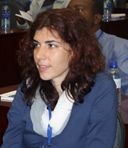
The TropiLakes Conference, Tropical lakes in a changing environment: water, land, biology, climate and humans, was held on 23-29 September 2015 in Bahir Dar, Ehiopia. The event was jointly organized by IWMI and the CGIAR Research Program on Water Land and Ecosystems, together with local and international partners, to bring together the experience of more than 80 scientists and other natural resource managers from 14 countries.
The event included field visits to IWMI research sites under the LIVES project in Koga and ILSSI project Robit in the Amhara region of Northern Ethiopia. At these sites IWMI is studying interventions to improve farmers’ livelihood by increasing food production, augmenting nutrition and accelerating economic development within a sustainable environmental context.
[blockquote align=”center” textcolor=”#108749″]It is great to see Tropilakes bringing together scientists to not only talk about the sediment and water quality issues of Lake Tana but also to discuss and evaluate it at an ecosystem level in Ethiopia and the region, one of WLE’s core themes,[/blockquote]
Dr. Petra Schmitter of the International Water Management Institute (IWMI) East Africa office and co-organizer of the Tropilakes conference.”
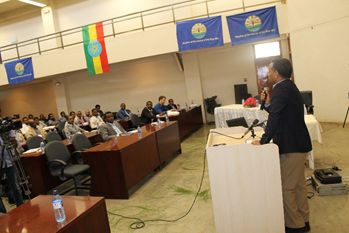
“In providing the whole picture for sediment budget, TropiLakes has helped with water resource planning and management in the Lake Tana Basin”
Dr. Seifu Tilahun, Head of school of civil and water resources engineering, Bahir Dar University.
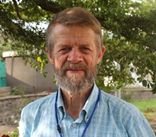 “Soil sediments that enters into the river, lakes and the hydrological systems can have high potential to contaminate the Lake Tana and can spoil all the life in the water. Therefore, knowing the source of the sediment would help all concerned to intervene and conserve soil/water to improve the fertility that leads to better agricultural yield”
“Soil sediments that enters into the river, lakes and the hydrological systems can have high potential to contaminate the Lake Tana and can spoil all the life in the water. Therefore, knowing the source of the sediment would help all concerned to intervene and conserve soil/water to improve the fertility that leads to better agricultural yield”
Professor Seppe Deckers, KU Leuven, Belgium.
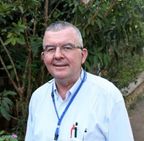
“Decreasing of soil quality, flooding, pollution of water bodies are devastating effects of soil erosion and sediments around Tana Lake that leads to lower agricultural production and productivity”,
Professor Jean Poesen, KU Leuven, Belgium.
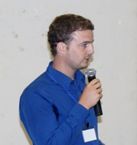
“Wetlands near the rivers and Lake Tana region are converted to agricultural lands, because the ecosystem services of wetlands – sediment and nutrient buffering – are not fully acknowledged. Accounting for the services of wetlands and forests is thus a first step that could encourage proper management of wetlands and forests.
It is also possible to more efficiently use ecosystem services of forests and wetlands for people’s livelihoods such as papyrus production, non-timber forest products such as honey production, frankincense production, eco-tourism, and sustainable fisheries. The potential of such services is large and could also boost small-scale local businesses. Therefore, implementing proper management, using a bottom-up approach, of wetlands and forests, ecosystem resilience is possible.
Sil Lanckriet, University of Ghent, Belgium
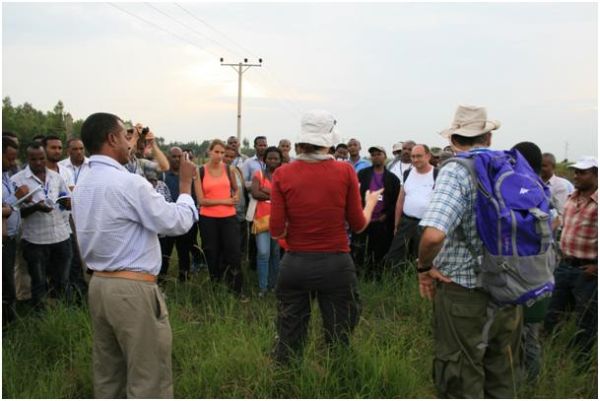
Visit:
iwmi4.wpengine.com/
geoweb.ugent.be/tropilakes2015/

